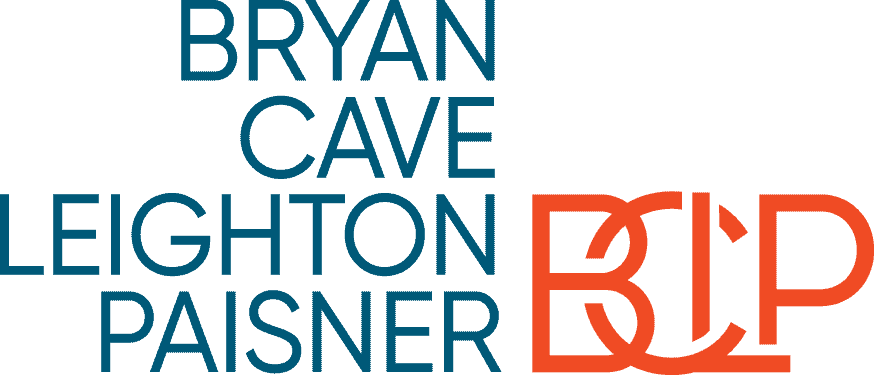
M&A: How to Review Deals at the Board Level
Brought to you by Bryan Cave Leighton Paisner

 Many bank boards are considering a sale of their institution for a variety of reasons—heightened regulatory burdens, board and management fatigue, or an opportunity to partner with a growing bank are just a few. But while the financial crisis has taught important lessons about bank management, for many bank directors, the sale of their financial institution is uncharted territory. As you typically only have one opportunity to get it right, directors considering a sale should focus first on establishing a sound process around the board table.
Many bank boards are considering a sale of their institution for a variety of reasons—heightened regulatory burdens, board and management fatigue, or an opportunity to partner with a growing bank are just a few. But while the financial crisis has taught important lessons about bank management, for many bank directors, the sale of their financial institution is uncharted territory. As you typically only have one opportunity to get it right, directors considering a sale should focus first on establishing a sound process around the board table.
Although it is rational for directors to worry more about specific aspects of the proposed deal than procedural matters, we have found that establishing an appropriate process for considering a possible transaction is often a prerequisite for success on the business issues. Moreover, in today’s world of heightened scrutiny of board actions, directors cannot neglect procedure and expect to fulfill their duties of loyalty and due care. In most states, fulfilling those duties gives directors the benefit of the business judgment rule, which insulates directors from liability provided the decision is related to a rational purpose.
In the context of a sale, most directors can meet their duty of loyalty by acting in good faith to achieve the best result for the company and its shareholders and by disclosing any conflicts of interest to the board prior to the beginning of the deliberations. But with respect to the duty of care, establishing a thorough process leading to a sale is key. A recent court case decided in Georgia provides a helpful roadmap.
In the recent opinion on FDIC v. Loudermilk, the Georgia Supreme Court, in applying the business judgment rule to bank directors, distinguished between claims alleging negligence in the decision-making process from claims that do no more than question the wisdom of the decision itself. The court’s opinion indicates that claims relating to the board’s process will be subject to more scrutiny in the context of litigation than claims that ask the court to be a Monday morning quarterback for board decisions made in good faith.
Considering the emphasis on the board’s deliberation and diligence in making business judgments, it falls on the directors to ensure that the board puts into place procedural controls as it considers a strategic transaction. Hallmarks of a strong process include the following:
- Having a meaningful strategic plan. Prior to entering into a discussion of a significant transaction, the board, with the help of management, should have formed a strategic plan, complete with financial projections, for continuing to operate independently. This exercise will give the board a base case against which offers can be compared.
- Hiring the right experts. The duty of care doesn’t require directors to become experts in legal or technical financial matters, so building the right team of investment bankers, accountants and lawyers is essential. Experienced professionals who understand and care about the strategic plan of the bank, rather than pushing a particular result, will add value to the board’s process.
- Doing your homework. Selling the bank is perhaps the most important decision you’ll make, so studying the board packet in advance of the meeting (and making sure there is ample time to study it), asking good questions, and pushing management and your experts for answers that make sense are all part of discharging your duties. The selling bank should not be pressed by artificial deadlines that hinder due deliberations by directors.
- Documenting the process. Corporate minutes allow the board to document its consideration of a potential transaction, and while the minutes shouldn’t be a play-by-play of the discussion, they should summarize the key points from each meeting and establish that appropriate steps were taken by the board.
- Speaking with one voice. For most community banks, directors are the face of the institution to its community. Once the deal is announced, work with management to communicate some simple talking points with your shareholders. It is fair to acknowledge the big picture risks, but be sure to emphasize the strategic view of the board. While this messaging isn’t technically part of the deliberative process, communicating with shareholders that an appropriate process took place can pay future dividends.
Bank directors certainly find themselves living in interesting times, with their obligations and responsibilities changing rapidly. But if a board fosters communication and participation around the board table to reach a deal, the directors can discharge their duties successfully, and bring value to their shareholders.

